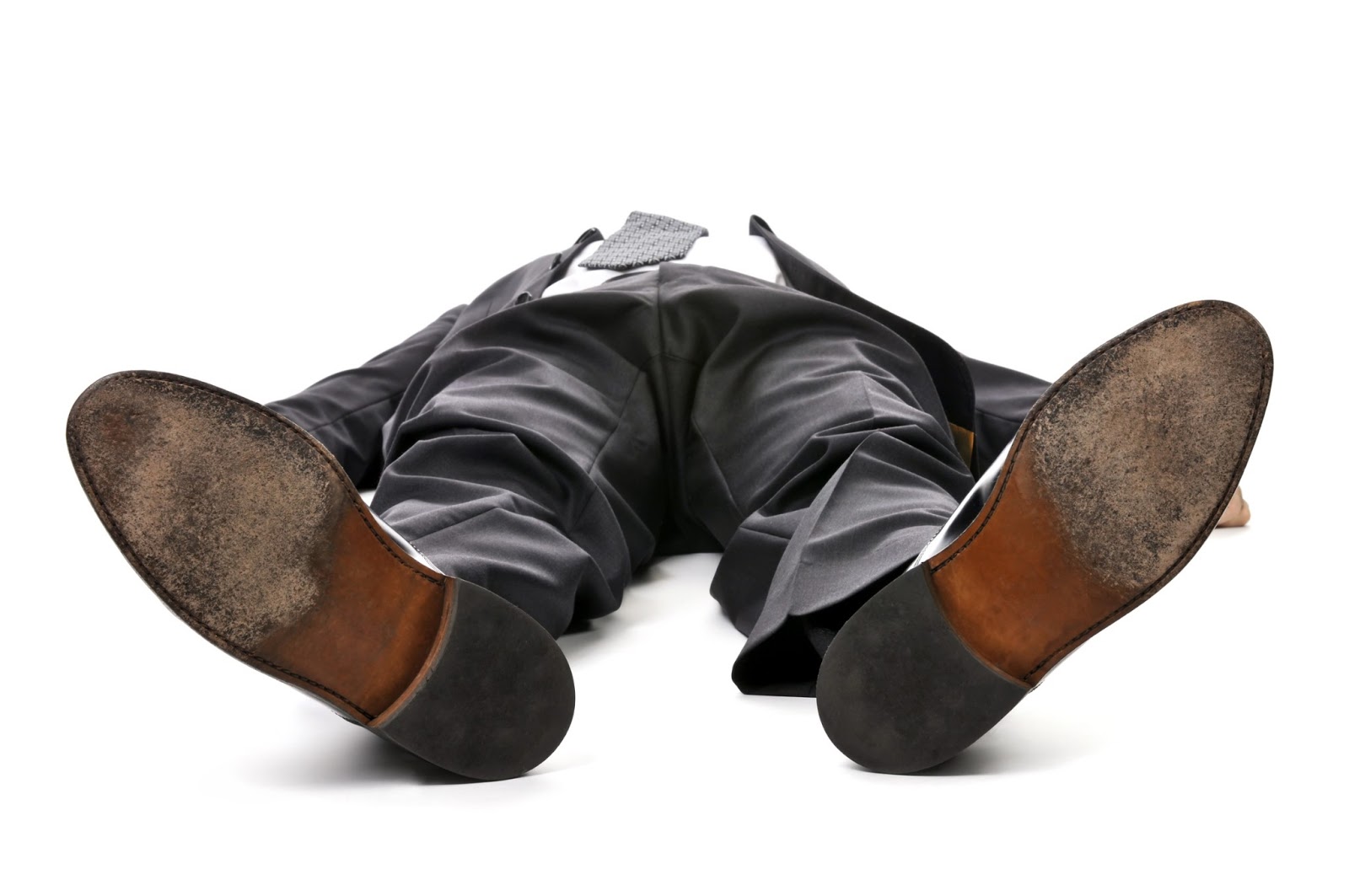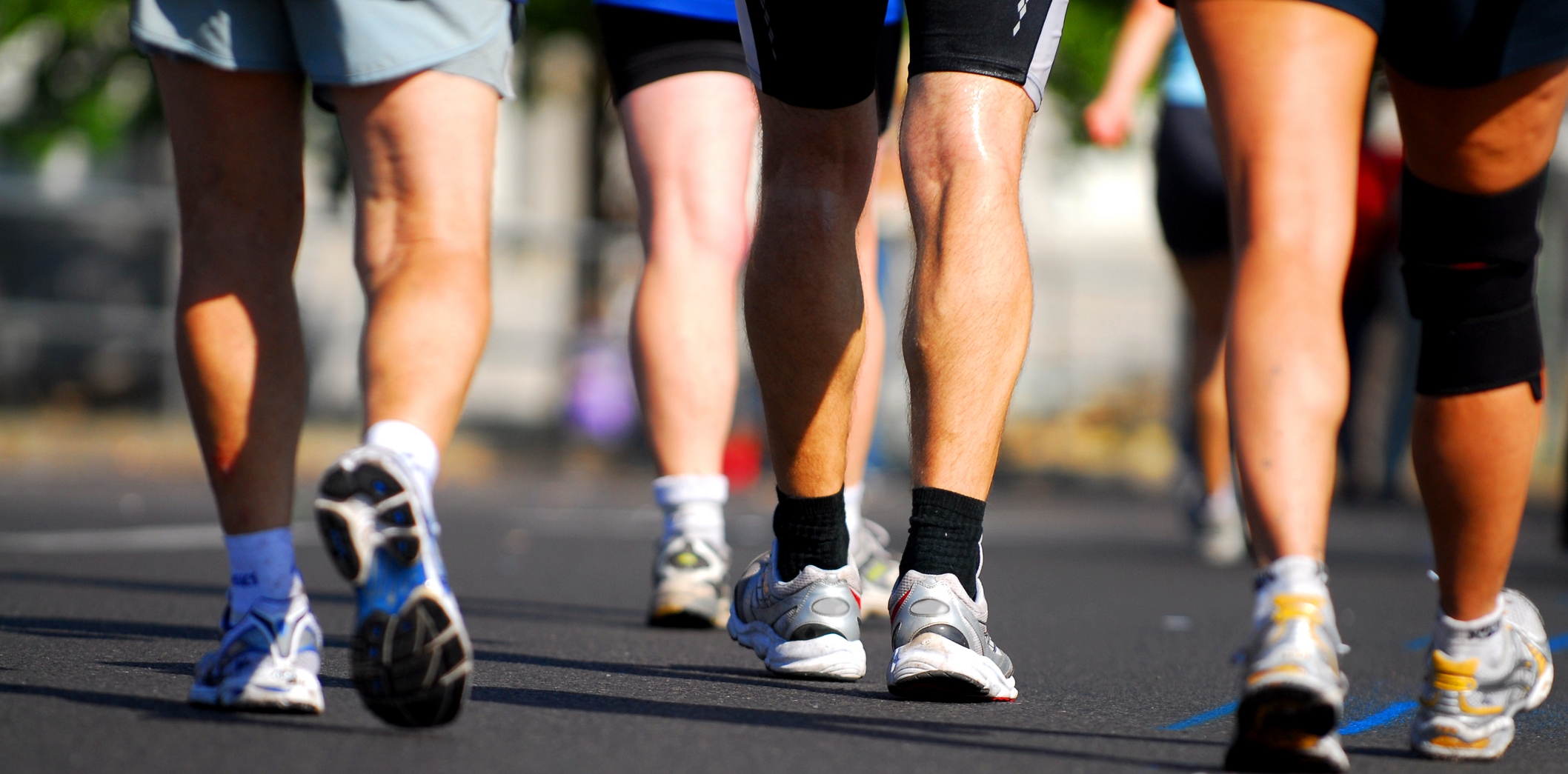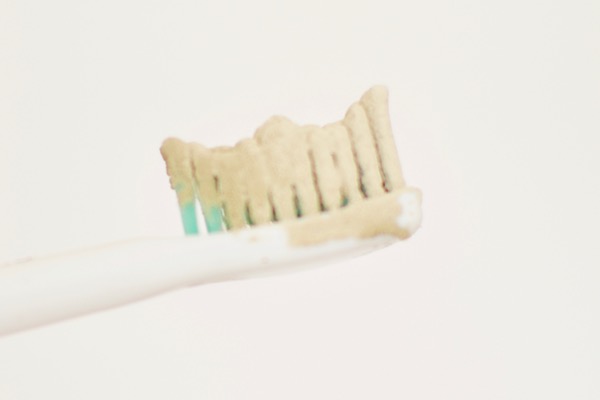Here’s how to tell something is wrong…
In this day and age of heart disease, high blood pressure is one of the most common causes for concern. A staggering number of people take medications to reduce their blood pressure and prevent hypertension. But low blood pressure is another problem to be aware of. While not as common as high blood pressure, it can cause serious issues.
How can you tell if you are suffering from low blood pressure? Unless you’re taking your pulse, it’s not easy to know if your blood pressure has dropped. However, there are a few indications that something is wrong. Here are some of the symptoms of low blood pressure:
- Fainting
- Blurred vision
- Dizziness/lightheadedness
- Nausea
- Difficulty concentrating
- Cold, clammy skin
- Pallor
- Excessive, unexplained thirst
- Breathing becomes rapid and shallow
- Fatigue/exhaustion
- Depression
All of these are symptoms of low blood pressure. If you notice two or more of the symptoms together, it may be a sign your blood pressure is below safe levels.
But what causes low blood pressure? A normal, healthy person won’t just develop low blood pressure from one moment to the next, so what’s behind it?
Here are a few of the most common causes of low blood pressure:
Endocrine problems — If you suffer from thyroid conditions, low blood sugar, adrenal insufficiency, or diabetes, you may develop low blood pressure as a side effect of your hormonal disorder.
Pregnancy — The female body goes through massive amounts of stress during pregnancy. The circulatory system has to expand in order to keep up with the demands placed on the body, which can lead to a drop in blood pressure. This is a fairly normal side effect of pregnancy, and it won’t lead to long-term low blood pressure. Your blood pressure will return to its normal levels once you give birth.

READ MORE: How to Increase Blood Circulation by Diet
Dehydration — If you lose more water than you consume, this may lead to dehydration. Even minor dehydration can cause symptoms like dizziness, weakness, fatigue, and nausea. The symptoms may worsen if the dehydration grows severe. One of the complications of dehydration is hypovolemic shock, a problem that occurs when your plummeting blood pressure limits the amount of oxygen that reach your tissues.
Heart problems — No surprise here! Extremely low heart rate (bradycardia), heart attack, heart failure and heart valve problems can all contribute to low blood pressure. These conditions affect your blood pressure because they affect your heart, the organ that keeps your blood pumping and moving.
Blood loss — If you lose a lot of blood (as a result of surgery or injury), your blood pressure may experience a sharp drop.
Malnutrition — If you lack both folate and Vitamin B12, your body will be unable to produce new red blood cells. This can lead to low blood pressure.
Infection -– Septicemia occurs when any infection enters your bloodstream, and can lead to septic shock. The problem can be fatal.
Anaphylaxis — Severe allergic reactions may cause your blood pressure to drop, along with breathing problems, rashes, hives, and swelling in your throat.
Medications — There are a number of medications that can cause low blood pressure: diuretics, some antidepressants, beta blockers, alpha blockers, certain Parkinson’s Disease drugs, Viagra, and Cialis, among others.
Understanding these causes and symptoms of low blood pressure will help you to be aware of what’s going on in your body. You’ll be able to take steps to deal with the problems and improve your health. The result: a healthier, happier you with a far smaller chance of serious side effects or complications!








